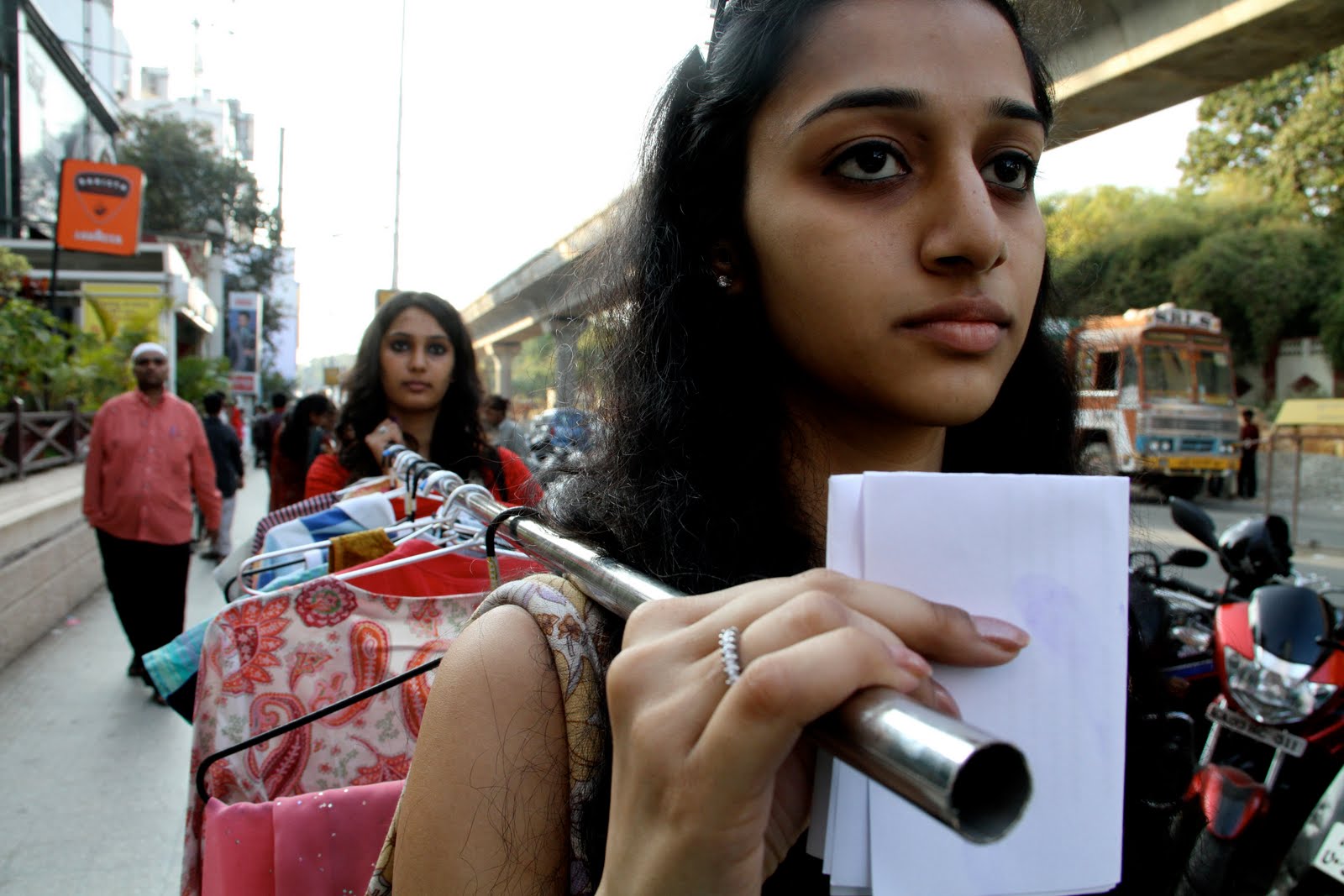In early January, a draft anti-sexual harassment law was introduced to parliament in Egypt. This week, a bill was presented to parliament’s legislative affairs committee and another bill was approved by the Justice Ministry so it can be presented to the committee in days.
Nihad Abu Al-Qumsan, head of the Egyptian Center for Women’s Rights (ECWR), applauds this update and said, “It shows the state is responding and changing … They are now understanding the significance of the issue.”
Efforts by the ECWR has shown that sexual harassment in public places is a big problem in Egypt. Bravo to them for all their work!


